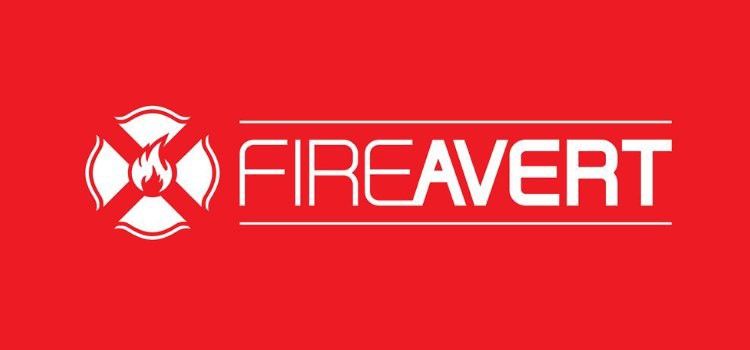I always tell people firefighting is a whole lot easier than being an entrepreneur.
There is good fire and there is bad fire.
Good fire includes, but is not limited to: Steph Curry shooting basketballs, roasting succulent meat over an open flame, every Jim Harbaugh tweet, Drake’s new dance moves, and the dragons on Game of Thrones.
Bad fire includes, but is not limited to: burning down your kitchen, burning down your house, burning down your yard, and BYU football’s tendency to light their hopes and dreams on fire at the worst possible time (for reference, see the last five Utah games).
Peter Thorpe has spent the last nine years as a full-time firefighter for Provo City and in that timespan, he has seen more bad fire than good. While many of these fires are unavoidable, especially the BYU football kind, there’s one particular type that Thorpe has recognized as very avoidable — kitchen fires.
“Every single week in Provo City, we respond to a kitchen fire,” Thorpe said. “Nationally, firefighters respond every four minutes to a kitchen fire. So four years ago, I had an idea after responding to a kitchen fire at an apartment complex: Why can’t the stove just shut itself off when the smoke alarm starts?”
Thorpe pulled together a team of three BYU students (two engineers and one business student) and began working on the first version of Fire Avert in 2011. They eventually hammered the idea into a product and began entering into various business competitions, winning $100,000+ over the course of the following year.
“I knew that this would work because of my background,” Thorpe said. “I kept going on calls and thinking, if only we had this product in place it would have stopped this call from ever happening. Then when you start winning these business competitions and other people think it’s a good idea too, all these different kinds of validations help you know that you have something.”
![]()
Fire Avert is predicated on the science that smoke precedes fire. A person leaves their stove on and fire doesn’t immediately spring up, consuming the entire house — smoke comes first, then fire, then down comes the house. In this scenario, a smoke alarm acts as the first line of defense, but this in turn leaves us with the age-old question if a smoke alarm goes off and no one is there to hear it, did it even go off at all?
The answer is this: Fire Avert hears and that’s what matters. Users plug their stove into Fire Avert, plug Fire Avert into the wall, and when smoke alarms start chiming, Fire Avert immediately cuts power to the stove. Kitchen saved, house saved, family saved.
“It’s a big reward when these customers start calling and telling you, ‘Thank you, your product protected my family,’” said Thorpe.
While Thorpe maintains his status as a full-time firefighter, Fire Avert has continued to grow — Peak Ventures invested money at the end of 2013, and Thorpe was recently chosen to pitch Fire Avert on ABC’s hit show Shark Tank. With a passion for fighting fire and entrepreneurship, Thorpe hopes that through Fire Avert he can continue to pursue both.
“I always tell people firefighting is a whole lot easier than being an entrepreneur,” Thorpe said. “It’s a whole lot more stressful running your own business or running your own startup company. But at the same time, the excitement that comes along with developing a product and building a business is really rewarding. It’s hard work, but it’s fun.”
*If you’re interested in learning more about Fire Avert, look for their appearance on *tonight’s episode of Shark Tank.
Published 1/5/2016




